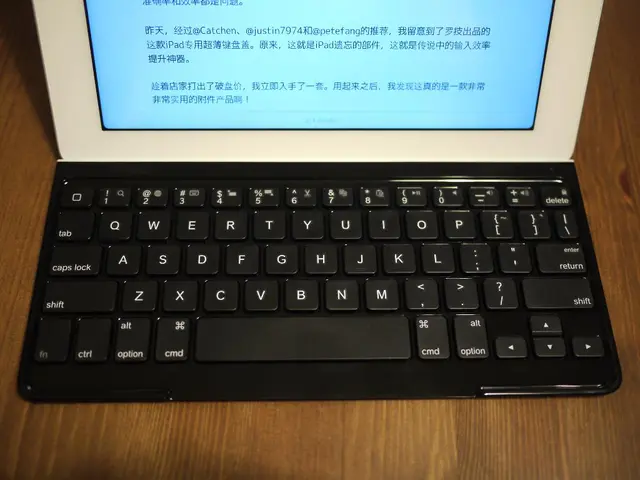Testing Nylon-esque TPU Filament with CC3D's 72D TPU: Examining Performance
In the world of 3D printing, a new filament has emerged, capturing the attention of makers and enthusiasts alike. CC3D, a renowned name in the industry, has introduced its 72D TPU filament, a high-hardness polyester TPU designed for impact resistance with minimal flexibility. This filament is particularly suitable for Active Material System (AMS) applications where toughness is crucial.
The 72D TPU filament, despite initial confusion, is pure TPU, similar to Bambu Lab's 68D filament for AMS. However, the 72D TPU stands out with its higher hardness, offering better tightening and untightening torque values, less permanent deformation, and impressive impact resistance.
However, printing the 72D TPU requires careful tuning of parameters. Standard TPU settings can cause excessive particulate formation and warping, while nylon settings risk melting in the cold zone. Ideal settings lie between TPU and nylon profiles.
Bambu Lab's 68D TPU, while not detailed explicitly in the search results, can be inferred to have a slightly lower hardness, which suggests it may be more flexible but potentially less impact resistant or stiff in comparison. Without direct performance data, the assumption is that 68D TPU offers a balance favoring flexibility over hardness relative to CC3D's 72D material. This lower hardness might result in easier printability at standard TPU settings but possibly less mechanical strength for applications requiring higher durability.
In summary, the CC3D 72D TPU stands out for its toughness and durability in AMS, while Bambu Lab's 68D TPU likely prioritizes flexibility and printability, making them complementary options depending on the specific FDM printing requirements.
Dr. Igor Gaspar, a well-respected figure in the 3D printing community, recently tested the 72D TPU filament in a video. The printing temperature for the 72D TPU is listed as 225 - 245°C. The filament is tested on a Bambu Lab X-1 Carbon printer. Generic TPU settings at 240°C with some nylon-specific tweaks seem to give the best results for the 72D TPU filament.
The 72D TPU filament is expected to have more hardness and resistance to abrasion due to its Shore hardness D scale usage instead of the typical A scale. It is also more wear-resistant than PLA. Despite its high hardness, the 72D TPU is very bendable but not stretchable, performing more like polyamide filaments. This makes it an interesting alternative to polyamide filaments. The manufacturer claims that the 72D TPU has 'nylon-like' performance.
In conclusion, the CC3D 72D TPU filament offers a durable and impact-resistant option for FDM printing, particularly suited for AMS applications. Its complementary counterpart, Bambu Lab's 68D TPU, provides a more flexible and printable alternative, making them both valuable additions to any 3D printing enthusiast's arsenal.
- The CC3D 72D TPU filament, due to its high hardness and improved impact resistance, is well-suited for applications requiring toughness, making it an impressive addition to technology used in Active Material System (AMS) applications.
- Technology-wise, Bambu Lab's 68D TPU filament, though slightly softer than the 72D TPU, offers a more flexible and user-friendly option for FDM printing, providing a contrasting choice to the CC3D 72D TPU for researchers and enthusiasts in the 3D printing community.








